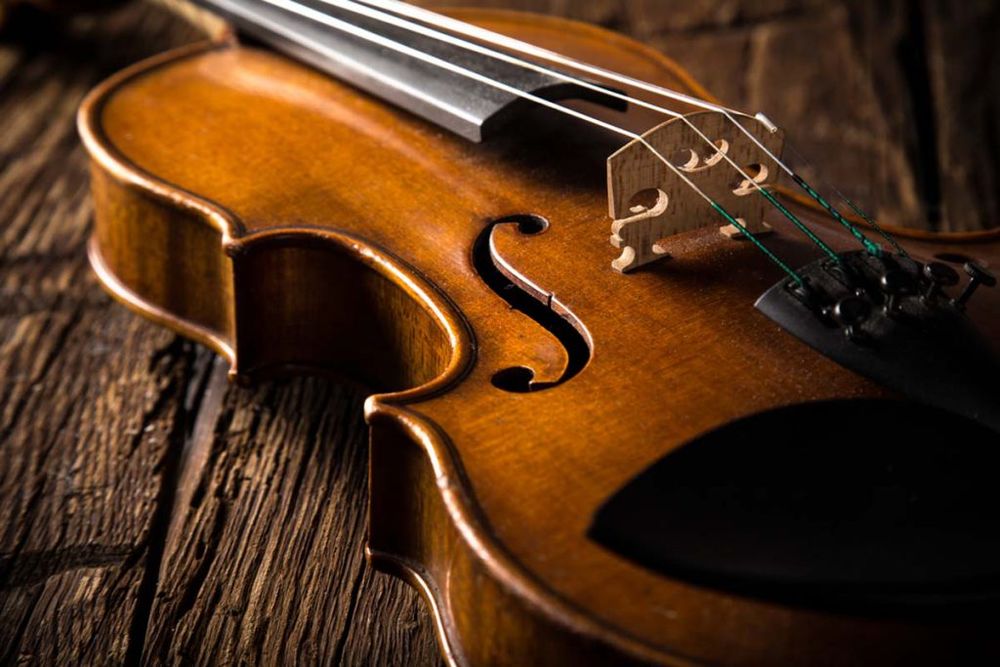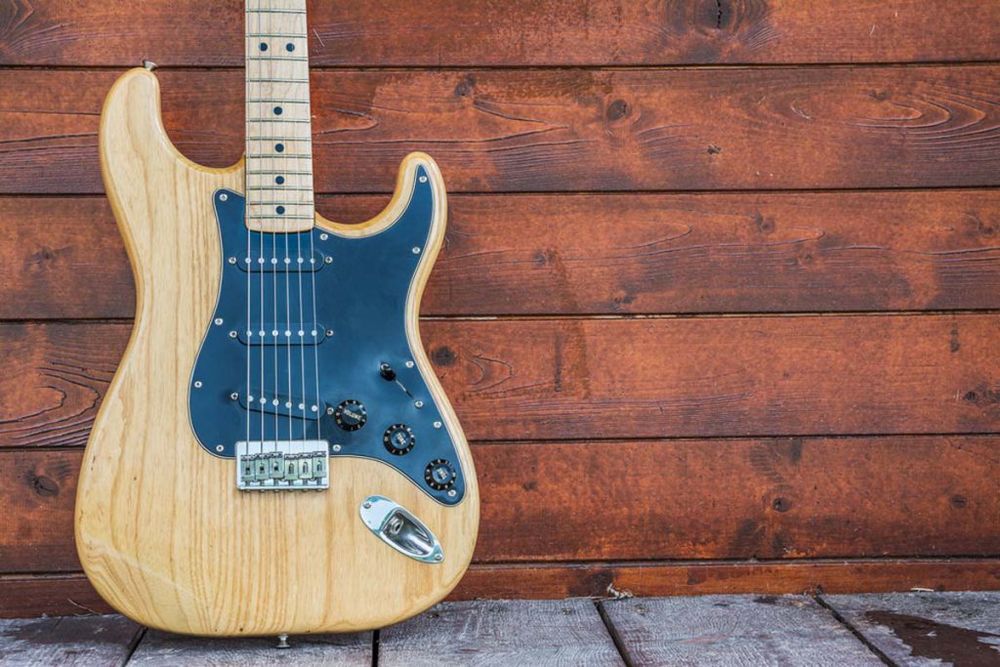Continuing our series of weird and wonderful ways to invest, Justin Harper reports on whether or not splashing out on a Stradivarius or a six-string Strat makes sound financial sense.

You often read about some fan who has unearthed a Jimi Hendrix guitar in his attic or a John Lennon piano in the garage and then auctioned it off for millions of dollars.
While these high-profile cases are rare, there are still plenty of opportunities to make money from musical instruments. You could go on the hunt for pop star memorabilia but there’s a good chance the seller already knows its value and will be asking a pretty penny. If you have anything once owned by David Bowie for example, you know its value has shot up this year following his death.
One of the biggest pitfalls of investing in these so-called alternative investments (which include vintage wines, art, classic cars) is mixing sound financial judgment with emotion. Just because you are attracted to a certain piece of art, car or instrument, it doesn’t mean everyone else is. If you are buying to make a profit you need to think with the head not the heart.
Another challenge is finding particular instruments that fill your bill and are within your budget. The market for vintage and collectible musical instruments is vast and diverse. It is really a collection of smaller markets that span everything from multi-million dollar violins, cellos and violas from the 17th and 18th centuries to $300 acoustic guitars from the 20th century.
Collectors buy musical instruments for many different reasons, and having a famous rock star owner is just one of them. They are also drawn to an instrument’s craftsmanship, rarity and age. As a hard asset, instruments can help diversify a portfolio, holding their value well while providing some downside protection. And many have the potential for significant long-term appreciation which can be a major attraction in these choppy stock markets. Before you start searching online or head off to your nearest music store, you need to educate yourself about musical instruments to make sure you are buying one in good condition, from a reliable source and that it is genuine. Auctions can be a good source of information, but prices aren’t always a good gauge of values in the broader market.
Violins are among the most stable investments in musical instruments. Since the financial crisis, the market for violins has performed similarly to those for other hard assets. They may not be as sexy as a Fender Broadcaster or a Stratocaster, but they can be just as valuable. In the world of fine violins, certain instruments have appreciated faster than others. For example, Italian violins have appreciated far more quickly than German instruments. One of the most notable violins makers is Guarneri, regarded as second in greatness only to Antonio Stradivari. Violins made in Cremona, Italy, during the city’s golden age of violin making, around 1650 to 1750, are the most highly regarded violins among players and collectors. They are plentiful enough to have a track record, so sellers and buyers have sufficient sales records upon which to base prices.
Dealers rely on their eye and their knowledge of history, as well as experience in literally handling lots of instruments, to make their pricing decisions. They also use a technology called dendrochronology, to date the wood used in instruments. That can identify some cases of fraud, but it can’t, on its own, protect buyers from replicas or overly restored instruments made with vintage wood.

The guitar market tends to be a little bit more fad-oriented. The market for solid-body electric guitars soared during the 1990s and early 2000s. But prices for many collectible electric guitars dropped about 30 percent during the financial crisis and haven’t really recovered. And if they do, don’t expect too much, experts say. One big factor in the price of any given guitar is how close it is to its original condition. The market for acoustic guitars is different, because people can’t mix and match parts from different guitars. At the top of the acoustic-guitar market, older Martin D-45s, which are extremely rare, sell for hundreds of thousands of dollars.
For collectors who only have a few hundred dollars to invest, there’s still a thriving market. Whether the market is high-end violins or acoustic guitars, the key to successful investing is to buy instruments that you like and that you understand. You also have the satisfaction of playing them yourself or lending them out musicians.
Some of the world’s most expensive guitars:
- George Harrison and John Lennon’s 1964 Gibson SG. Sold for US$570,000. This guitar was used by the Beatles between 1966 and 1969. George Harrison used it when recording and touring for the album Revolver. John Lennon used the same guitar during the sessions of The Beatles (‘The White Album’).
- Jimi Hendrix’s 1968 Stratocaster. This guitar was played by Jimi Hendrix at Woodstock in 1969 and was reportedly bought by Paul Allen of Microsoft in 1998 for US$2m.
- Eric Clapton’s Gold Leaf Stratocaster. Sold for US$455,550. This guitar was ordered by Eric Clapton in 1996, around the 50th anniversary of Fender. Clapton wanted something that could hang in a museum, so the company made him a custom fender plated with 23 carat gold.
Don’t forget there are more conventional ways to invest your finances.





